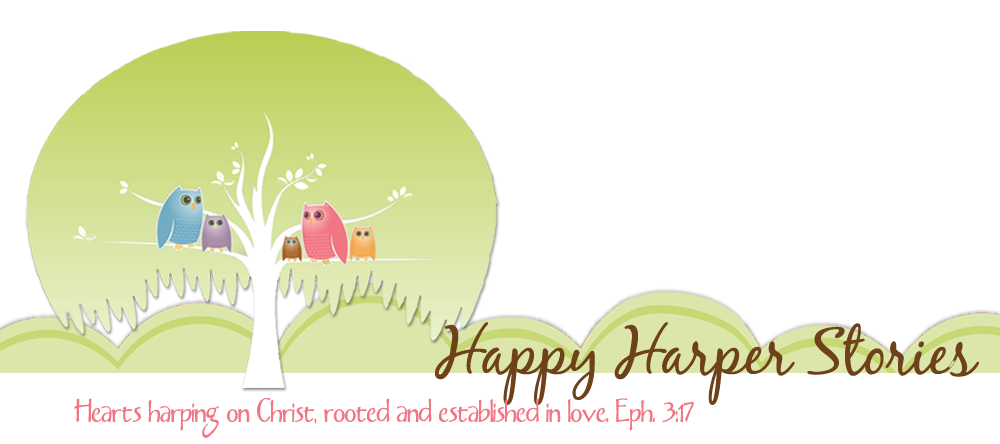Then Naomi said to her two daughters-in law, "Go back, each of you, to your mother's home. May the LORD show kindness to you, as you have shown to your dead and to me. May the LORD grant that each of you will find rest in the home of another husband." Then she kissed them and they wept aloud and said to her, "We will go back with you to your people." Ruth 1:8-10
{Today I'm writing instead of vlogging.}
Naomi has packed up and prepared along with her daughters in law to go back to Judah. Then as they are leaving, she tells them to go back to their mothers, which is slightly unusual. Then she says something infinitely more interesting and intriguing to the story. She says "May God show hesed to you, as you have shown hesed to your dead (my sons) and to me." She kissed them. All three wept. And then both girls exclaimed that they would continue on with her. She is telling them in essence, "Stay here to find another husband."
Why would either girl go with Naomi? As Moabites, wouldn't it be hard to find another husband in Judah? What did they have to gain? Did they both agree to go purely out of a love and loyalty to Ruth?
This is where we see whether any of them loved one another with an everlasting love - a love as powerful as God's.
So let's look at hesed. Hesed is a Hebrew word usually translated, "kindness," "love," "loving-kindness," "mercy," and at least one scholar suggests it should be translated, "loyalty." When used of God, hesed refers to God's unconditional covenant He made with His people, that no matter what they do He would keep going with them and never turn away from them. In fact, He promised this knowing that they would indeed be unfaithful to Him. In regards to man or in this case woman, it means kindness to your fellow woman in doing favors, mercy, may mean lovely appearance, and in rare circumstances means love of Israel to God.
Truly all three woman are showing hesed as defined by woman to woman. They have loved one another. All three of them are heart-broken widows. Who will take care of them now? Where will their hope come from? Who will mend the brokenness? and restore new life?
Naomi recognizes that because these woman have married Israelite men, they are now under God's covenant. But in asking the girls to go home, Naomi is not practicing hesed as in eternal bound for life with you loving kindness. She does hope that God will display this to them. She is thinking in a worldly sense that their only chance of remarrying is in staying in Moab. She loves them dearly, do not get me wrong, but at the same time, perhaps there is a sense in which she no longer wants to care for them.
Have you experienced God's hesed in your own life? You know the kind of love that sticks with you even if you commit adultery again and again. God's love for us is like that. And now, it is offered to everyone, even you!!
Have you ever given Godly hesed to someone else? This is a convicting question, and at the end of the month, what I hope to find is that I've learned how to love infinitely more than I do now.
Perhaps we will find as we dig into Ruth, "comfort for those who mourn, and provision for those who grieve, that He will to bestow on them a crown of beauty instead of ashes, the oil of gladness instead of mourning, and a garment of praise instead of a spirit of despair" (Isaiah 61:2-3). My heart keeps going back to Psalm 126.
"He who goes out weeping,
carrying seed to sow,
will return with songs of joy,
carrying sheaves with him."
will return with songs of joy,
carrying sheaves with him."
Psalm 126:6
May we find God's love in unexpected places today! A harvest of hope is coming!



No comments:
Post a Comment
I love to receive your thoughts. I am blessed and encouraged by them. May God bless your day today!